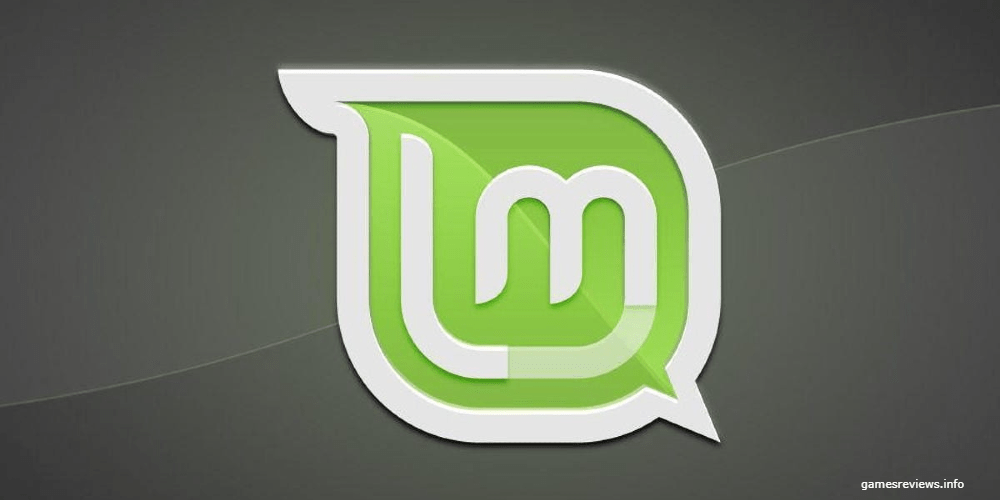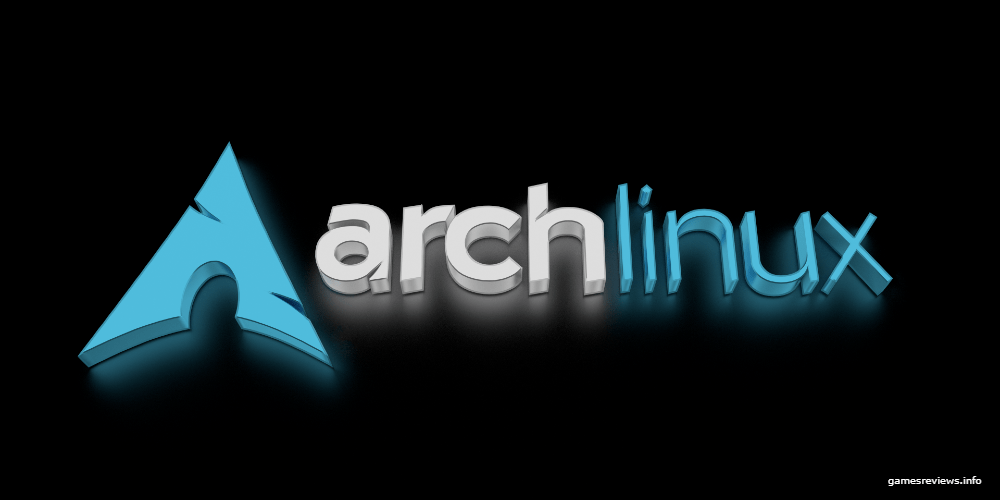Branching Out from Ubuntu: Top 5 Ideal Alternatives for Your Linux Experience
Oct 12, 2023

Famous for its user-friendly interface,e adaptability, and entrenched community support, Ubuntu has solidified its spot in the pantheon of Linux distributions. However, the Linux universe is ever-expanding, offering a plethora of alternatives replete with unique features, capabilities, and strengths that cater to diverse user needs. Thus, for users seeking to pivot from the beaten path or simply desiring to try their hands at something different, we have assembled a list of the top five Ubuntu alternatives. Each of these systems poses a unique value proposition, befitting different user profiles, from the neophyte techie to the code-wielding aficionado.
1. Debian GNU/Linux
Hailed as one of the most stable and reliable distributions, Debian GNU/Linux is a notable alternative to Ubuntu. The fact that Ubuntu itself is based on Debian is a testament to its robust foundation. Debian's repository hosts a vast array of software packages, ensuring users have ample tools at their disposal. Owing to its commitment to stability and free software, Debian finds extensive use in server environments, making it an ideal choice for professionals requiring a dependable operating system.
2. CentOS Linux
A derivative of the commercial Red Hat Enterprise Linux (RHEL) distribution, CentOS (Community Enterprise Operating System), provides an enterprise-grade platform for free. Offering extensive compatibility with its parent OS, RHEL, CentOS is extensively used by businesses requiring a stable, secure, and high-performance Linux solution. Moreover, the existence of a long-term support model ensures that users can count on updates and security patches for extended periods without upheavals.

3. Arch Linux
At the other end of the spectrum from CentOS and Debian, Arch Linux caters to experienced users seeking a lightweight, highly customizable OS. Arch adheres to the KISS (Keep It Simple, Stupid) principle, delivering a barebones base structure that users can build upon, shaping a tailored experience. The expansive Arch User Repository (AUR) offers a myriad of software packages, and the rolling release model ensures that users always have the latest versions of their preferred applications.
4. Manjaro Linux
Manjaro Linux stands as an ideal alternative for those impressed by Arch Linux's versatility but daunted by its complexity. Derived from Arch, Manjaro embraces its parent's flexibility and robustness while providing a more user-friendly scaffolding, complete with pre-installed desktop environments, drivers, and software. Manjaro's popularity comes from its blending of accessibility for beginners with the power and customization options that seasoned users appreciate.
5. Linux Mint
Arguably the best entry-point for users transitioning from Windows, Linux Mint offers a gentle learning curve without compromising on power and flexibility. Steadfast focus on usability and simplicity are at its core. Providing a choice of desktop environments, full multimedia support out of the box, and a bevy of bundled software, Linux Mint delivers an experience that feels both comfortable and intuitive to the end-user, especially newcomers to the Linux ecosystem.

Each of these Ubuntu alternatives brings unique value propositions to the table, befitting various user requirements. Whether it's the trusty stability of Debian, the enterprise-worthy CentOS, the absolute customization freedom of Arch, the user-friendly Manjaro, or the beginner-friendly Mint, these distributions manifest the flexibility and diversity inherent in the Linux world.
Frequently Asked Questions
1. Why should I choose Debian GNU/Linux over Ubuntu?
Debian GNU/Linux is known for its absolute stability and reliability and is used widely in server environments. If you're a professional seeking a dependable operating system, Debian might be the right choice for you. Since Debian is the foundation on which Ubuntu is built, it retains a lot of familiarity while providing a more basic, stable structure.
2. How does CentOS Linux differ from Ubuntu?
CentOS Linux is essentially a community version of Red Hat Enterprise Linux (RHEL), a commercial-grade distribution. CentOS offers extensive compatibility with RHEL and is used predominantly by businesses requiring a secure, stable, and high-performing system. While Ubuntu caters more to general consumer use, CentOS tends to be the choice of businesses.
3. Is Arch Linux suitable for beginners?
Arch Linux is a highly customizable system, but with its focus on the KISS (Keep It Simple, Stupid) principle, it is better suited to experienced users familiar with Linux. However, if you're up for a challenge and looking for a system that you can extensively personalize, Arch Linux could be a good choice.
4. What advantages does Manjaro Linux offer over Ubuntu?
Manjaro Linux provides a balance between the versatility of Arch Linux and usability for beginners. It incorporates Arch's power and robustness with pre-installed drivers and programs for desktop environments, making it more accessible for users transitioning from Windows or trying Linux for the first time.
5. Why would I choose Linux Mint over Ubuntu?
Linux Mint is arguably one of the best alternatives for users making the shift from Windows to Linux due to its familiar and intuitive interface. It provides a gentle learning curve without compromising on the power and flexibility characteristic of Linux. With full multimedia support out of the box and a variety of bundled software, it offers a comfortable and user-friendly experience.









